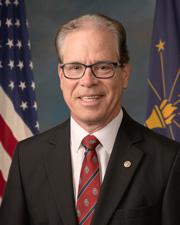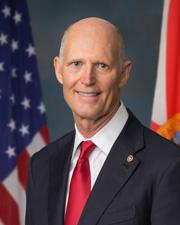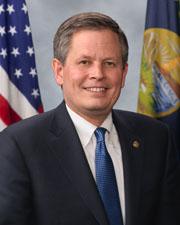0
0
0
A resolution amending rule XLIV of the Standing Rules of the Senate to include amendments of the House of Representatives in the requirements for identifying spending items, and for other purposes.
12/29/2022, 5:48 PM
Summary of Bill SRES 687
Bill 117 sres 687, also known as A resolution amending rule XLIV of the Standing Rules of the Senate, aims to make changes to the process of identifying spending items in Congress. The resolution proposes to include amendments made by the House of Representatives in the requirements for identifying spending items. This means that any spending items added or changed by the House would need to be clearly identified and accounted for in the Senate's rules.
The purpose of this resolution is to increase transparency and accountability in the legislative process, ensuring that all spending items are properly documented and accounted for. By including House amendments in the identification process, lawmakers and the public will have a clearer understanding of how taxpayer dollars are being allocated and spent.
Overall, Bill 117 sres 687 seeks to improve the efficiency and effectiveness of the budgeting process in Congress, ultimately leading to more informed decision-making and better oversight of government spending.
The purpose of this resolution is to increase transparency and accountability in the legislative process, ensuring that all spending items are properly documented and accounted for. By including House amendments in the identification process, lawmakers and the public will have a clearer understanding of how taxpayer dollars are being allocated and spent.
Overall, Bill 117 sres 687 seeks to improve the efficiency and effectiveness of the budgeting process in Congress, ultimately leading to more informed decision-making and better oversight of government spending.
Congressional Summary of SRES 687
This resolution includes bills, joint resolutions, and messages from the House of Representatives within the scope of a point of order that prohibits the Senate from considering legislation unless each congressionally directed spending item (i.e., earmark), limited tax benefit, or limited tariff benefit in the legislation has been publicly identified. Currently, the point of order only applies to Senate bills or joint resolutions that are not reported by committee.
Read the Full Bill
Current Status of Bill SRES 687
Bill SRES 687 is currently in the status of Bill Introduced since June 22, 2022. Bill SRES 687 was introduced during Congress 117 and was introduced to the Senate on June 22, 2022. Bill SRES 687's most recent activity was Referred to the Committee on Rules and Administration. (text: CR S3079) as of June 22, 2022
Bipartisan Support of Bill SRES 687
Total Number of Sponsors
1Democrat Sponsors
0Republican Sponsors
1Unaffiliated Sponsors
0Total Number of Cosponsors
4Democrat Cosponsors
0Republican Cosponsors
4Unaffiliated Cosponsors
0Policy Area and Potential Impact of Bill SRES 687
Primary Policy Focus
CongressAlternate Title(s) of Bill SRES 687
A resolution amending rule XLIV of the Standing Rules of the Senate to include amendments of the House of Representatives in the requirements for identifying spending items, and for other purposes.
A resolution amending rule XLIV of the Standing Rules of the Senate to include amendments of the House of Representatives in the requirements for identifying spending items, and for other purposes.
Comments
Sponsors and Cosponsors of SRES 687
Latest Bills
Moab UMTRA Project Transition Act of 2025
Bill S 1321December 11, 2025
Federal Mechanical Insulation Act
Bill HR 3474December 11, 2025
Providing for consideration of the bill (H.R. 2550) to nullify the Executive Order relating to Exclusions from Federal Labor-Management Relations Programs, and for other purposes.
Bill HRES 432December 11, 2025
Protecting Our Courts from Foreign Manipulation Act of 2025
Bill HR 2675December 11, 2025
Tipped Employee Protection Act
Bill HR 2312December 11, 2025
A bill to redesignate the National Historic Trails Interpretive Center in Casper, Wyoming, as the "Barbara L. Cubin National Historic Trails Interpretive Center".
Bill S 790December 11, 2025
Mississippi River Basin Fishery Commission Act of 2025
Bill HR 1514December 11, 2025
Litigation Transparency Act of 2025
Bill HR 1109December 11, 2025
Southcentral Foundation Land Transfer Act of 2025
Bill HR 3620December 11, 2025
Enduring Justice for Victims of Trafficking Act
Bill S 2584December 11, 2025


